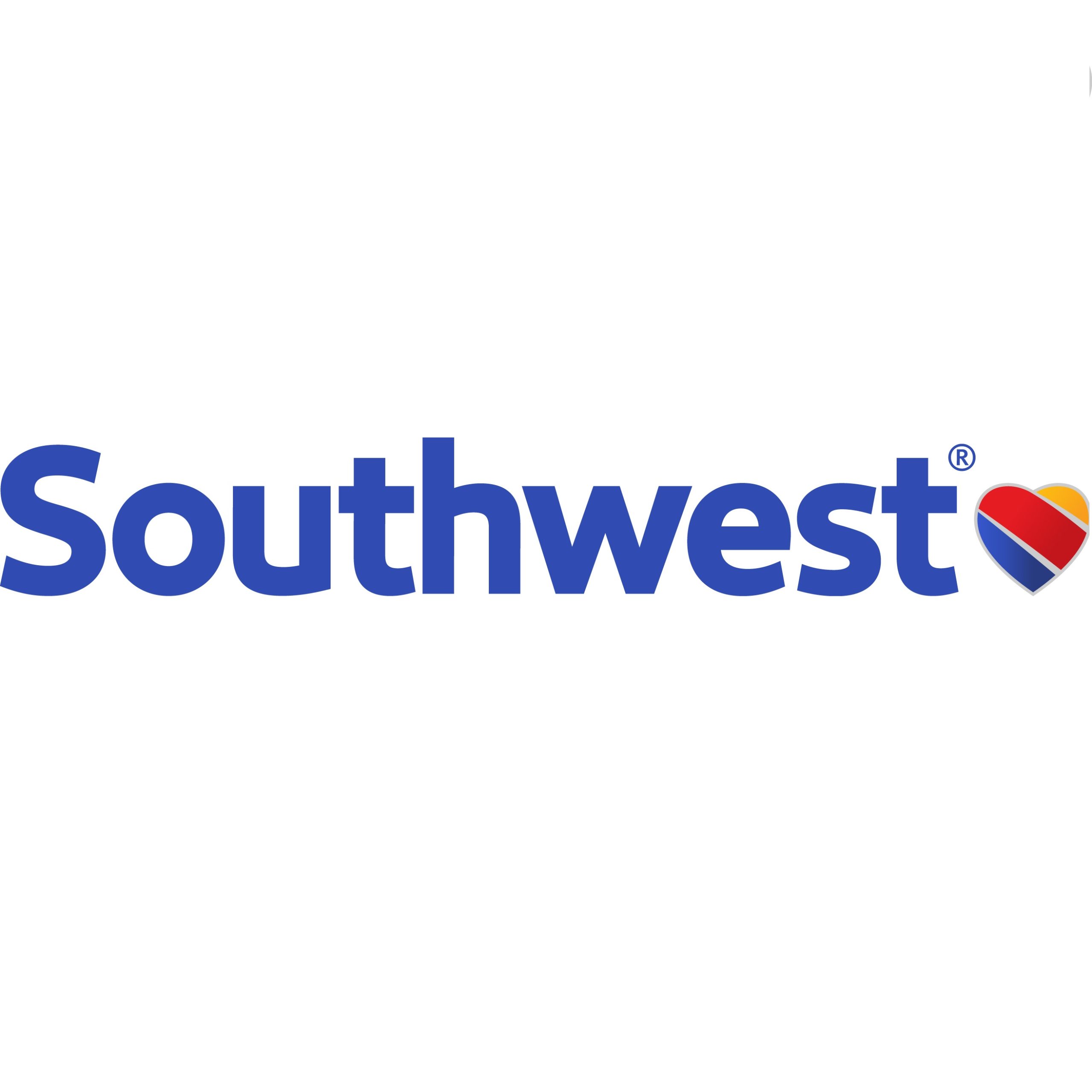

More flights were canceled that week because of weather and other reasons.Īs the carrier looks to hire thousands of employees, a large portion are intended to be for airport roles, such as customer service, operations and ramp agents, Southwest spokesman Dan Landson said. About 5,000 Southwest employees got sick during the first three weeks of January, and the carrier canceled 1,600 flights in the first week of that month because it was short-staffed, company President Mike Van de Ven said. Southwest was among the airlines that experienced staff shortages as the omicron variant picked up steam. The airline was curbing flights in the first half of the year to “provide additional buffer,” he said. Southwest Airlines plans to add at least 8,000 people across the company this year, and raised starting wages to be competitive, and because of the effects of the omicron variant and staffing challenges, CEO Bob Jordan said during a January earnings call. “They just can’t get people to come work,” Klemm said.

United has a strict vaccine mandate for employees, but he said that didn’t seem to be contributing to the challenges. He couldn’t pinpoint a reason for a shortage, beyond labor challenges affecting a wide swath of industries. Until recently, some employees were required to work longer hours to keep up with the airline’s schedules, he said.

A worker shortage is affecting many carriers, though United might be particularly hard hit, said Mike Klemm, president of the union that represents ramp agents, customer service workers, baggage handlers and others at United and other airlines.


 0 kommentar(er)
0 kommentar(er)
